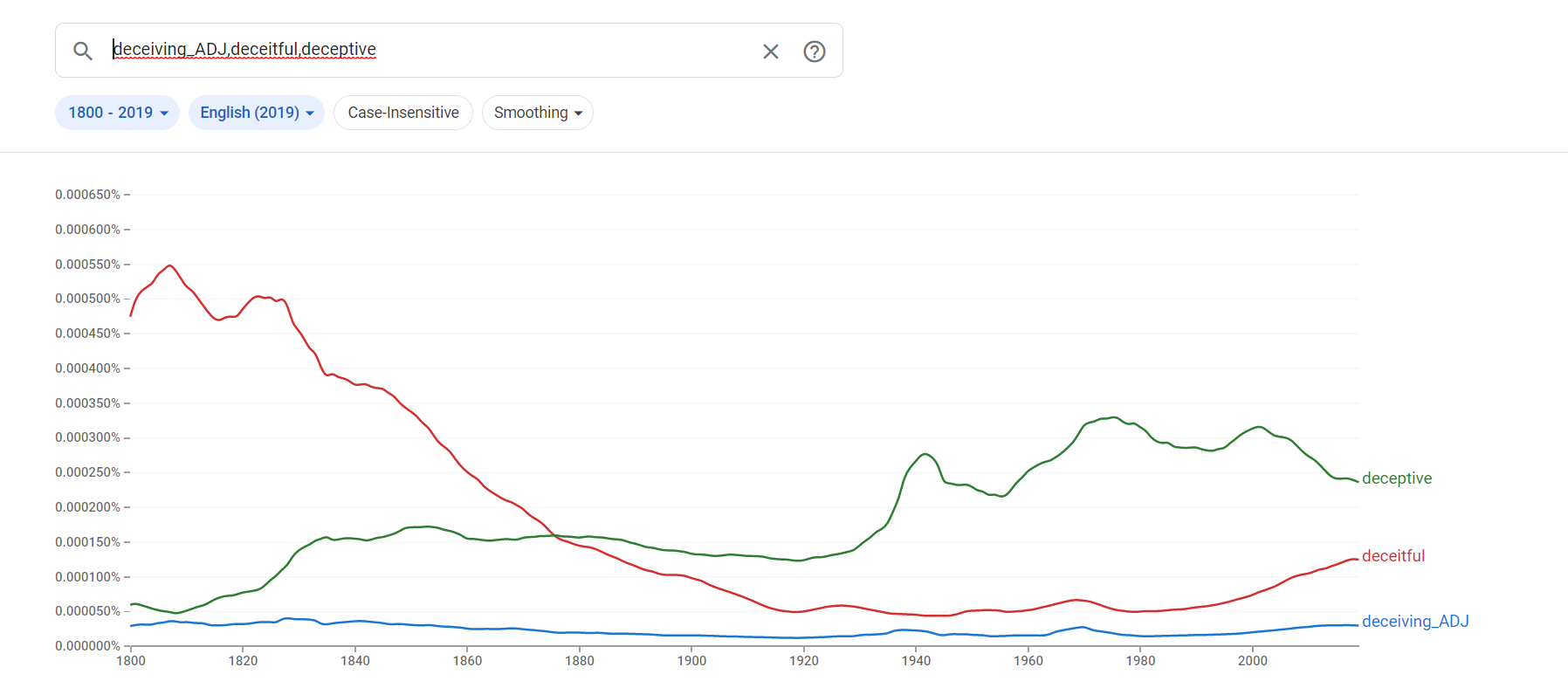It seems that it would have to be defined lexically, as for instance "converging lens", where "converging" is a verbal noun (also called a gerund, but this term has been rejected by certain grammarians).
(Wikipedia, verbal noun) Verbal or gerundial nouns, while being derived from verbs, behave grammatically entirely as nouns. For example, they do not take direct objects as verbs can, they may be preceded by the definite article, and they are modified by adjectives rather than adverbs.[4] They may also be used as count nouns and pluralized. In English, verbal nouns are formed from verbs with the suffix -ing, that is, they take the same form as the gerund.
Other examples of such constructions where the -ing-form can be either a verbal noun or an adjective
flying field, flying machine, (SOED, where "flying is defined as a verbal noun)
focusing lens, (not defined as a verbal noun in some dictionaries (lexico, Cambridge), nor as an adjective but defined as an adjective in Merriam-Webster), and defined through the literature. In this case the semantic tends to show that the word has to be considered to be an adjective.
deterring influence "Deterring" has been defined as an adjective in Merriam-Webster's dictionary, but does not figure as such in Cambridge Dictionary nor in lexico; it follows that in British English, the construction could be considered to be a compound in which "deterring" is a verbal noun or as a noun modified by a new adjective.
Deceiving look
"Deceiving" is not yet an adjective (not in Merriam-Webster, lexico, Wiktionary), [but it only seems not to be one (see user tchrist's comment, which prompts the present correction)]* ; although this term is defined as a noun, it is most likely that in the construction "deceiving look" it will probably have to be defined as an adjective synonymous of "deceitful". It is a new introduction into the language found frequently in the last twenty years, as this page of examples and the following show.
*later addition

